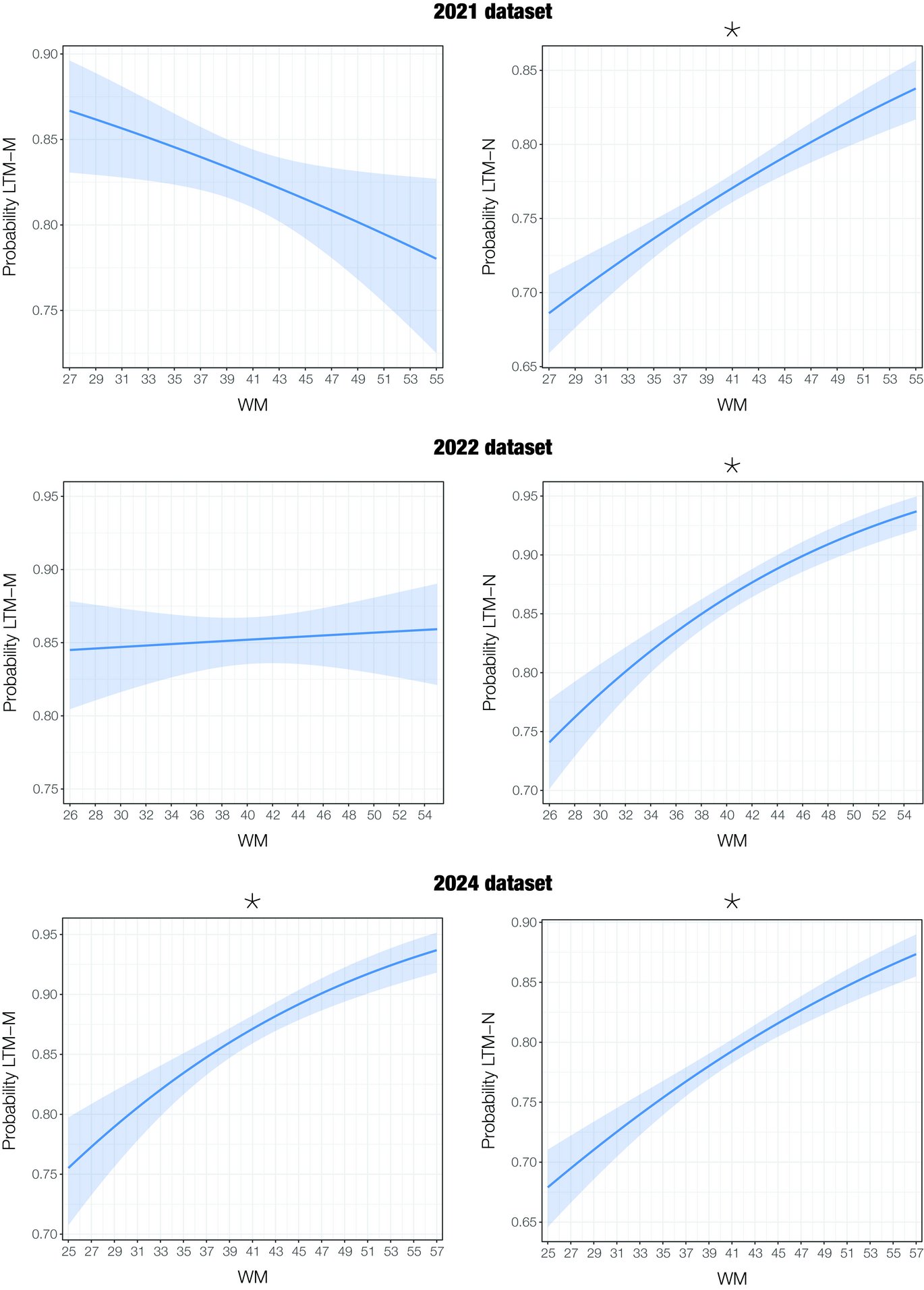New study from MIB reveals interaction between memory subsystems
Working memory capacity is positively associated with long-term memory skills, particularly the identification of novel musical sequences in an old/new recognition task.

Researchers from MIB recently published a study in Scandinavian Journal of Psychology that sheds further light on the interaction between different memory subsystems.
Title: Working Memory Predicts Long-Term Recognition of Auditory Sequences: Dissociation Between Confirmed Predictions and Prediction Errors
Authors: Leonardo Bonetti, Emma Risgaard Olsen, Francesco Carlomagno, Elisa Serra, Sara A. Szabó, Mathias Klarlund, Mathias H. Andersen, Luna Frausing, Peter Vuust, Elvira Brattico, Morten L. Kringelbach, and Gemma Fernández-Rubio
Memory is a crucial cognitive process involving several subsystems: sensory memory (SM), short-term memory (STM), working memory (WM), and long-term memory (LTM). While each has been extensively studied, the interaction between subsystems, particularly in relation to predicting temporal sequences, remains largely unexplored. This study investigates the association between WM and LTM, and how these relate to aging and musical training. Using three datasets with a total of 243 healthy volunteers across various age groups, the group examined the impact of WM, age, and musical training on LTM recognition of novel and previously memorized musical sequences.
The results show that WM abilities are positively associated with the identification of novel sequences, but not with the recognition of memorized sequences. Additionally, musical training has a similar positive impact on the identification of novel sequences, while increasing age is associated with reduced memory performance. Different cognitive processes are involved in handling prediction errors compared to confirmatory predictions, and WM contributes to these processes differently. Future research should extend the investigation to populations with memory impairments and explore the underlying neural substrates.
Read more in the scientific paper: https://doi.org/10.1111/sjop.13124
Contact:
Associate Professor Leonardo Bonetti
Center for Music in the Brain, Department of Clinical Medicine, Aarhus University
Email: leonardo.bonetti@clin.au.dk
Postdoc Gemma Fernández-Rubio
Center for Music in the Brain, Department of Clinical Medicine, Aarhus University
Email: gemmafr@clin.au.dk
